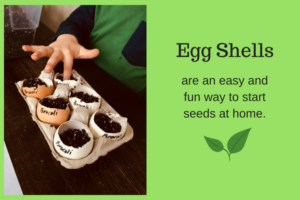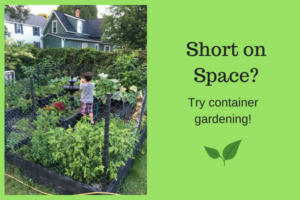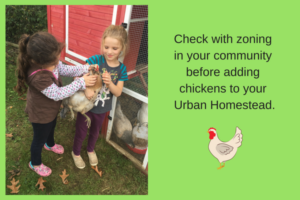Urban Homesteading seems like the ultimate oxymoron. However, the notion of homesteading means different things to different people.
Urban Homesteading-101 is really about a creating a sustainable lifestyle, with a back-to-basics approach.
Homesteading doesn’t have to mean living in a classic farmhouse, flanked by expansive acreage. It doesn’t mean you live off grid, without modern plumbing or raise your own Thanksgiving turkey. (Though for some homesteaders, it might). As a result, homesteading has a different meaning to each “homesteader”. Nestled within a seacoast neighborhood, is my own urban homestead.
How my “homestead” came about is Urban Homesteading-101.
Gardening is one of the single most common ways to get back to basics. For many, the act of gardening is a very emotionally grounding time. In addition, it builds an appreciation for where our vegetables come from. Working in the garden also helps gain an understanding of the effort associated with bringing produce from farm to table. A packet of seeds averages about $1. We like to start ours in egg shells in a sunny window. My children often find a therapeutic element to gardening. That is, when they aren’t horsing around with the hose. Ultimately, cultivating vegetables and flowers also builds a sense of pride.

What if you don’t have the space for a large vegetable garden? Grow in containers! Containers do well in any sunny area. Place containers on the front steps, or the fire escape. A container might be just an empty bucket. Milk jugs with the tops cut off also make great containers. Even making an effort to source seasonal vegetables from a local Farmers’ Market, encourages a strong agricultural presence in your community.

Composting is an all time favorite among urban homesteaders. The amount of food waste that might otherwise be put into their local landfills is greatly reduced. Composting is easy. You can create a compost pile outdoors with very little space. Or, a small compost bin can be made from a Rubber-made container and stowed indoors. Red worms can assist in breaking down food waste.
Getting Back to Basics helps simplify the products to which you expose yourself and your family.
A fellow Seacoast Mom’s Blog contributor posted this great recipe for homemade insect repellent. Many non-toxic cleaning supplies can also easily be made at home. Homemade products are often a better value than brand name cleaners. As you become more comfortable, try making homemade butter or soap.
Chickens and fresh eggs have become a favorite addition to our urban homestead. Chicken coops can be built, or purchased. There is still some assembly required when you buy a coop. Remember that most municipalities have rules and restriction regarding chickens. In many cities you can only have a limited number of hens. No roosters spares your neighbors (and you) the familiar “Cock-a doodle-doo” at 4 am. You’ll want to check with your city or town officials before adding foul. In my city we had to get a “special exception” from the zoning board.

Canning is another simple way to extend the use of seasonal vegetables long after harvest. Canning isn’t as common as it once was, but quality jars and supplies are often readily available at many yard sales.
Never canned fresh fruits or pie filling to brighten a winter day? Make this the year.
Urban Homesteading-101 actually has very little to do with where you live. The idea of homesteading is to create a lifestyle that is built on sustainability. Whether you are a country mom, or a city mom, I encourage you to create your own homestead.
Do you have your own homesteading success stories? I would love to read them in the comments section.










